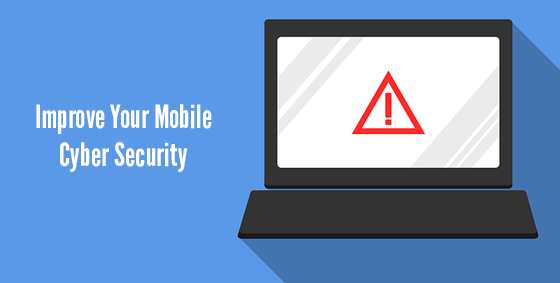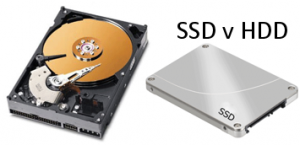 With cloud computing people are embracing the flexibility of working away from the office (whether at home or travelling) and working by simply accessing the relevant data or applications via the internet..
With cloud computing people are embracing the flexibility of working away from the office (whether at home or travelling) and working by simply accessing the relevant data or applications via the internet..
When in the office, you are protected by professionally designed firewalls, security infrastructure, and robust software. As soon as you step away from that network those protections disappear and leave your device and the data inside at greater risk.
Cyber attackers love to collect any data they can obtain – business or personal doesn’t matter to them as it can all be sold. These days the information stored on your device can be worth much more than the actual device.
Here are 3 ways a hacker may attack:
Random Opportunity: If you have left your laptop at a café or a thief has stolen the phone from your pocket, the outcome is the same – that device is gone. Hackers take any opportunity they can to gain access to a device: including taking them from hotel rooms and even asking to ‘borrow’ them for a few minutes – if they don’t steal it the device is handed back laden with spyware.
Creating a fake Wi-Fi Hotspot: We’ve all come to expect free Wi-Fi networks wherever we go. Hackers though will take advantage of this to create their own free, unsecure network just waiting for someone to connect. Once a user is connected a hacker can grab any unsecured passwords sent across the network.
Intercepting an Unsecure Network: Hackers don’t even need to own the Wi-Fi network to steal content from it. Data traveling across an unsecure network is visible and available to anyone with the right software.
Don’t let these issues stop you using the Internet when out side the office. Just take the following precautions to increase your cyber safety and help protect your valuable data:
- Regularly make backups: In the event your device is lost or damaged, you’ll be able to replace the device with a new one and quickly restore all the data from a backup, all with minimal downtime.
- Be careful when using public Wi-Fi: Don’t use passwords or email when on a public network. Use a VPN or a 4G connection (ie tether your computer to your phones data connection) when you are accessing sensitive data or logging in to secure sites.
- Use passwords and encryption: At a minimum, make sure your device is password protected and has full drive encryption. With a password and drive encryption even if your storage drive is removed from the device the contents are inaccessible.
- Act fast after loss: If your device is lost or stolen, immediately notify the appropriate companies and people. This might include your IT provider so they can change passwords, your bank and any other financial institutions so they can lock down accounts, and any staff who need to be aware of the breach so they aren’t tricked into allowing further breaches.
If you need further help with mobile cyber security contact us on (08) 8326 4364 or on
su*****@dp*********.au
.

